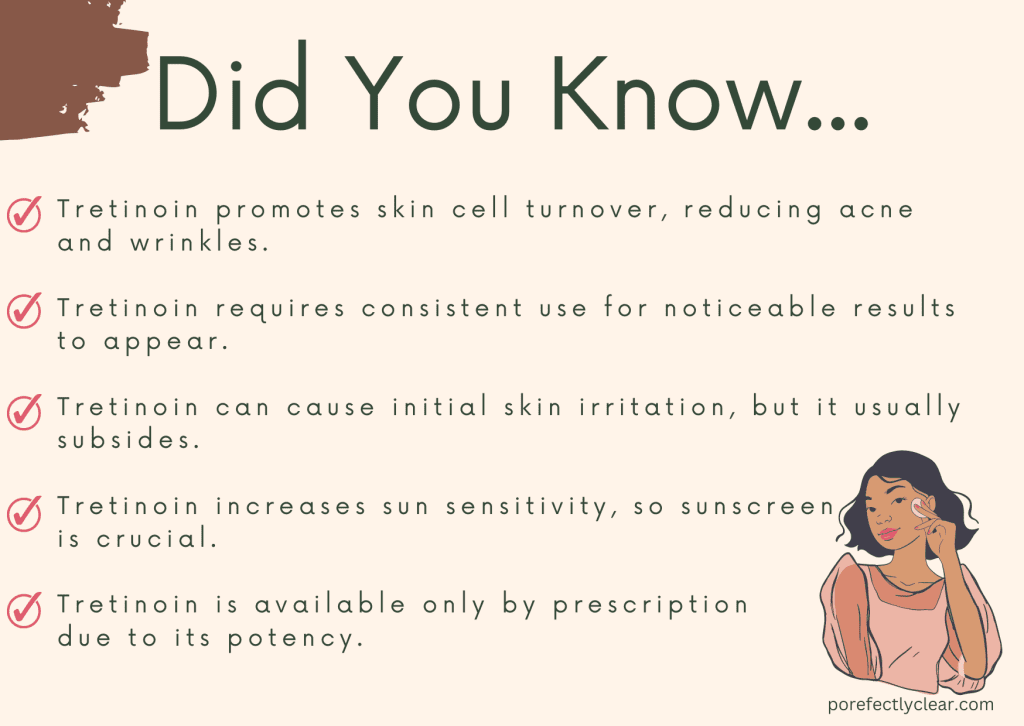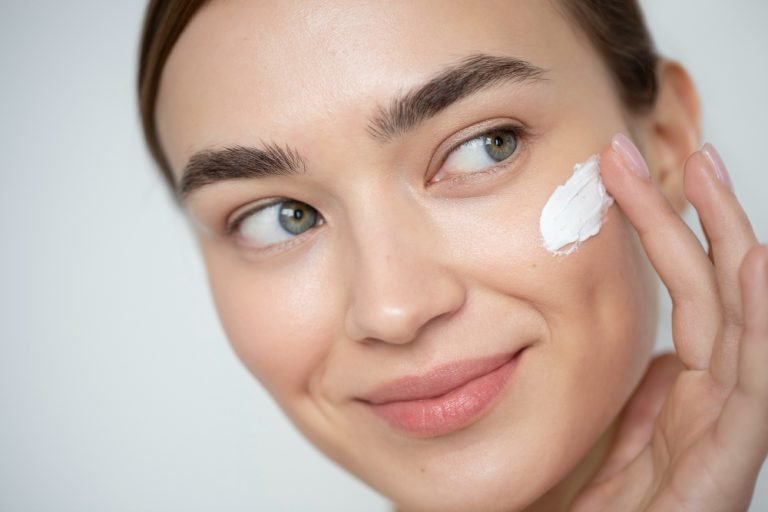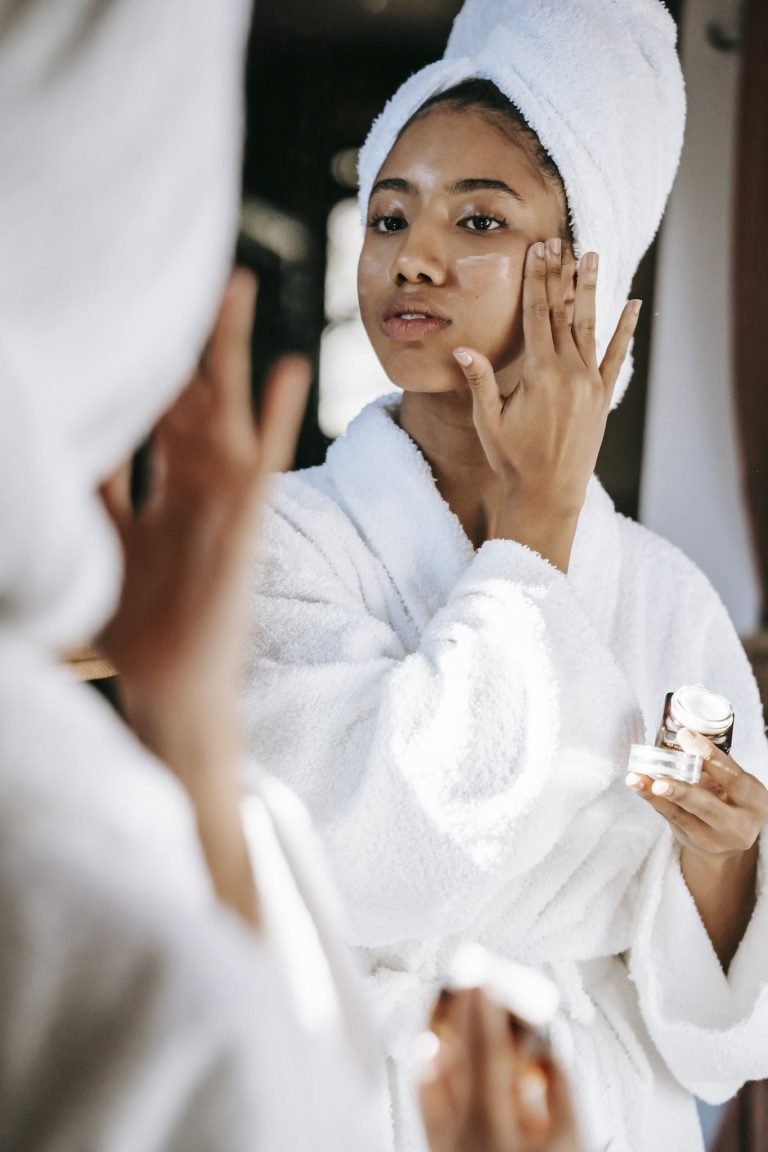Rosehip oil and tretinoin are two skincare ingredients that have gained popularity in recent years. Both of these products offer various benefits for the skin, but can they be used together? In this blog, we will explore the properties of rosehip oil and tretinoin, their individual benefits, and whether combining them can amplify your skincare routine. Let’s dive into the world of rosehip oil and tretinoin to see if this combination is a winning combo for skincare.
Understanding Rosehip Oil
When it comes to natural skincare, rosehip oil has emerged as a powerful ingredient. Derived from the rosehip fruit, which is the seedpod of the rose plant, rosehip oil is extracted through various methods, including cold-pressing or distillation, to preserve its beneficial properties. Cold-press extraction is the preferred method, as it ensures the oil retains its natural composition and potency.
Origin and Extraction of Rosehip Oil
High-quality rosehip oil is obtained from organic rosehip fruits, free of pesticides and chemical additives. The extraction process of rosehip oil ensures the preservation of essential fatty acids, antioxidants, and vitamin C, making it a valuable addition to skincare routines.

Skincare Benefits of Rosehip Oil
Rosehip oil offers a plethora of benefits for the skin. It is a powerful antioxidant that helps protect the skin against free radicals, preventing damage and premature aging. The high concentrations of essential fatty acids, such as linoleic acid, help moisturize and nourish the skin, improving hydration and skin texture.
Additionally, rosehip oil contains natural forms of vitamin A, including retinoic acid, which helps stimulate cell turnover, reducing the appearance of fine lines, wrinkles, and hyperpigmentation. This makes rosehip oil suitable for various skin types, including dry, sensitive, acne-prone, and combination skin, due to its non-comedogenic nature.
Regular use of rosehip seed oil can help improve the overall complexion, reduce redness, scars, and inflammation, and promote a more youthful appearance. With its natural oil composition, rosehip oil is considered a beneficial addition to skincare routines.
Risks and Precautions with Rosehip Oil
While rosehip oil is generally safe, it’s essential to be aware of potential risks and take necessary precautions. Some individuals may experience skin irritation or allergies, so it’s essential to perform a patch test before full application. If you have sensitive skin or are prone to acne, it’s always a good idea to consult with a dermatologist before incorporating rosehip oil into your skincare routine.
Rosehip oil should be used in moderation, as excessive application may lead to skin dryness or oiliness, depending on skin type. It’s important to avoid sun exposure immediately after applying rosehip oil, as it may increase the skin’s sensitivity to UV damage. To maintain its potency and extend shelf life, store rosehip oil in a cool, dark place, away from direct sunlight.
Diving into the World of Tretinoin
Now, let’s turn our attention to tretinoin, another skincare ingredient that has gained significant popularity. Tretinoin, classified as a retinoid, is a vitamin A derivative that helps treat various skin conditions.
What is Tretinoin?
Tretinoin works by binding to retinoic acid receptors in the skin, regulating cell turnover, and promoting collagen production and skin tone. It is commonly prescribed for acne, acne scars, fine lines, wrinkles, hyperpigmentation, and improving skin texture. Unlike over-the-counter retinol products, tretinoin is available in prescription-strength formulations, providing higher concentrations of tretinoin.
Dermatological Uses and Benefits of Tretinoin
Dermatologists frequently use tretinoin to treat acne, as it helps reduce clogged pores, inflammation, dark spots, and acne scars. It also helps improve skin texture, tone, and complexion, addressing concerns like fine lines, wrinkles, sun damage, and hyperpigmentation.
Tretinoin stimulates collagen production, enhancing skin elasticity and firmness, resulting in a more youthful appearance. Additionally, tretinoin is beneficial in managing conditions like rosacea, reducing redness, inflammation, and acne-like papules. Dermatologists may also recommend tretinoin for conditions like keratosis pilaris, a common skin disorder characterized by rough, bumpy skin.

Potential Side Effects and Precautions in Using Tretinoin
While tretinoin is effective, it can initially cause skin irritation, redness, dryness, peeling, or a temporary acne flare-up, which typically subsides with continued use. To minimize side effects, dermatologists may recommend starting with a lower tretinoin concentration, gradually increasing as the skin adjusts.
It’s essential to use active ingredients like tretinoin as directed, avoiding excessive application, which can lead to skin irritation, inflammation, and increased sensitivity. Tretinoin increases skin sensitivity to the sun, so it’s crucial to use sun protection, including sunscreen, hats, and sun-protective clothing.
Individuals with sensitive skin, eczema, or dermatitis should consult with a dermatologist before using tretinoin, as it may exacerbate these conditions. By following the guidance of a skincare professional, tretinoin can be used safely and effectively.
The Synergy of Rosehip Oil and Tretinoin
Now that we understand the benefits of rosehip oil and tretinoin, let’s explore whether combining the two can amplify their effects.
Scientific Grounds for Combining Rosehip Oil and Tretinoin
Scientific studies have demonstrated the benefits of rosehip oil and tretinoin, both individually and in combination, for various skin conditions. Rosehip oil, with its fatty acids, antioxidants, vitamin C, and retinoic acid content, supports skin health, texture, and collagen production, complementing tretinoin’s effects.
Rosehip oil’s moisturizing, soothing, and antioxidant properties help counteract tretinoin-induced dryness, peeling, redness, and irritation. The combination of rosehip oil and tretinoin has been shown to enhance skin hydration, texture, fine lines, hyperpigmentation, acne, and acne scars.
However, it’s essential to consult with a dermatologist to determine the appropriate combination, concentrations, and skincare routine, tailored to your skin type, concerns, and compatibility. A skincare professional can help guide you through the process of incorporating rosehip oil and tretinoin into your skincare routine for optimal results.
User Experiences and Testimonials
Many individuals have shared their positive experiences with combining rosehip oil and tretinoin for skincare. They have reported improved hydration, reduced redness, fine lines, wrinkles, hyperpigmentation, acne, and acne scars.
The benefits of rosehip oil, including hydration and anti-aging properties, complement the effects of tretinoin, making it a powerful combination. However, it’s essential to note that skincare products can yield different results for each individual, so it’s essential to monitor your skin’s reaction and seek guidance from a dermatologist.
How to Safely Combine Rosehip Oil and Tretinoin for Skincare
Now that we’ve discussed the benefits of rosehip oil, tretinoin, and their combination, let’s delve into how to safely incorporate them into your skincare routine.
Best Practices in Application
To combine rosehip oil and tretinoin, start with a clean face and apply tretinoin first, waiting 20-30 minutes before applying rosehip oil. Using a small amount of both products will help avoid irritation and allow for better absorption.
After applying tretinoin, use a few drops of rosehip oil as a moisturizer to help soothe any potential dryness or irritation. Gradually increase the use of tretinoin to avoid excessive peeling or redness. During the day, it’s essential to use sunscreen, as both tretinoin and rosehip oil can make your skin more sensitive to the sun’s rays.
Dosage and Frequency Adjustments
Consult a dermatologist before combining rosehip oil and tretinoin to determine the appropriate dosage and frequency. Start with a low dosage of tretinoin, gradually increasing as tolerated. Using rosehip oil as a moisturizer can help counteract the drying effects of tretinoin.
It’s recommended to apply tretinoin at night and rosehip oil in the morning for optimal results. However, it’s essential to monitor your skin’s reaction and adjust the frequency of application as necessary, under the guidance of a skincare professional.
Does Combining Rosehip Oil and Tretinoin Amplify Their Individual Benefits?
Combining rosehip oil and tretinoin has shown promising results in amplifying their individual benefits. Studies suggest that rosehip oil can help soothe the skin, reduce inflammation, and provide antioxidant benefits, while tretinoin can improve skin texture, reduce wrinkles, and promote collagen production.
However, it’s essential to consult with a dermatologist before combining any skincare products, as overuse or incorrect use of skincare products can cause irritation or other adverse effects. A skincare professional can help guide you in finding the right combination, concentrations, and routine for your skin type and concerns.
Conclusion
In conclusion, the combination of rosehip oil and tretinoin can indeed be a winning combo for your skincare routine. Rosehip oil offers numerous benefits such as hydration, anti-aging properties, and even scar reduction. On the other hand, tretinoin is a powerful ingredient known for its effectiveness in treating acne and improving skin texture.
When used together, these two ingredients can complement each other’s effects and provide even better results. However, it’s important to use them safely and according to proper guidelines. Start with a low concentration of tretinoin and gradually increase it as your skin gets accustomed to it.
Additionally, always patch-test new products and consult with a dermatologist if you have any concerns. With the right approach, the combination of rosehip oil and tretinoin can be a game-changer for your skincare routine.





